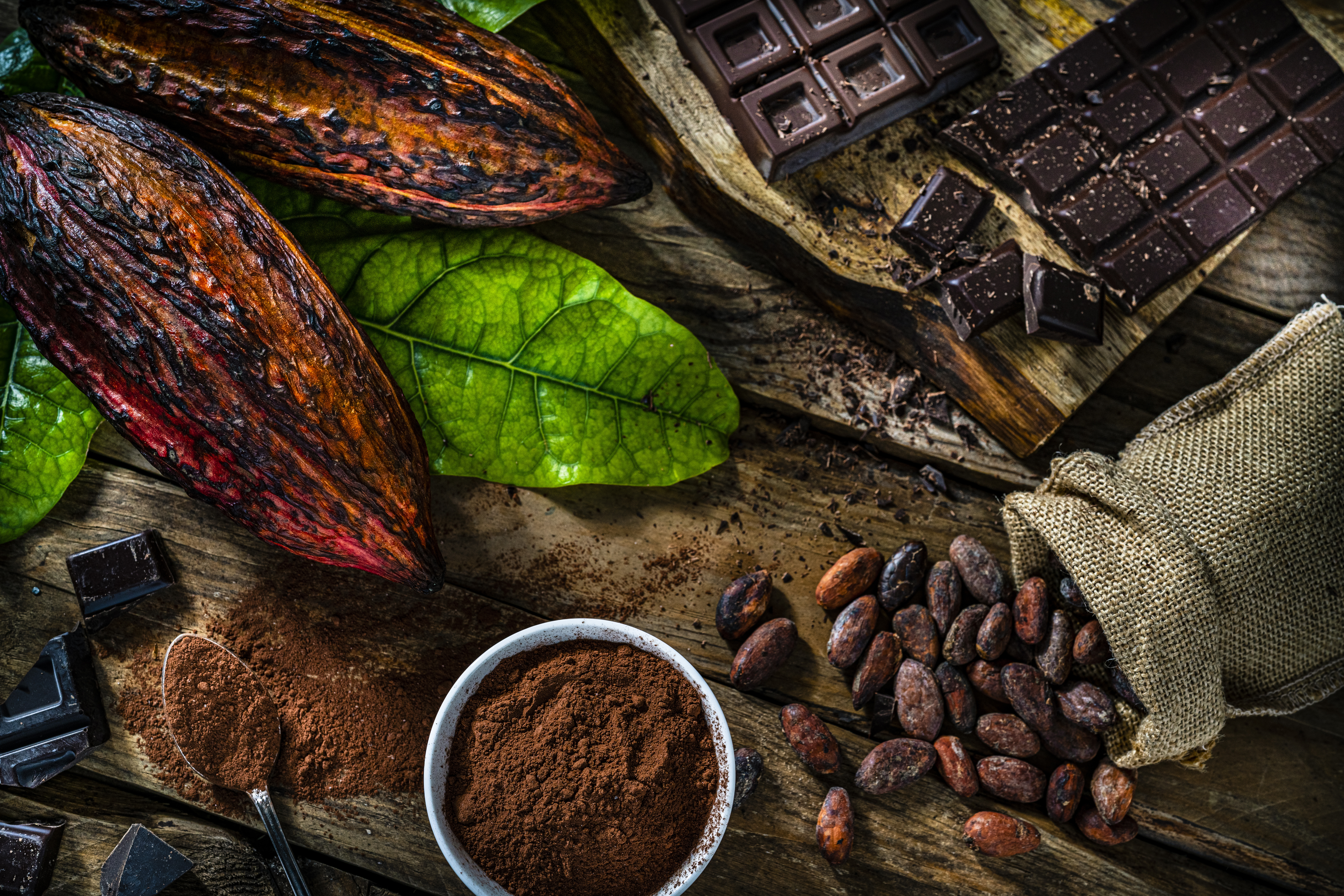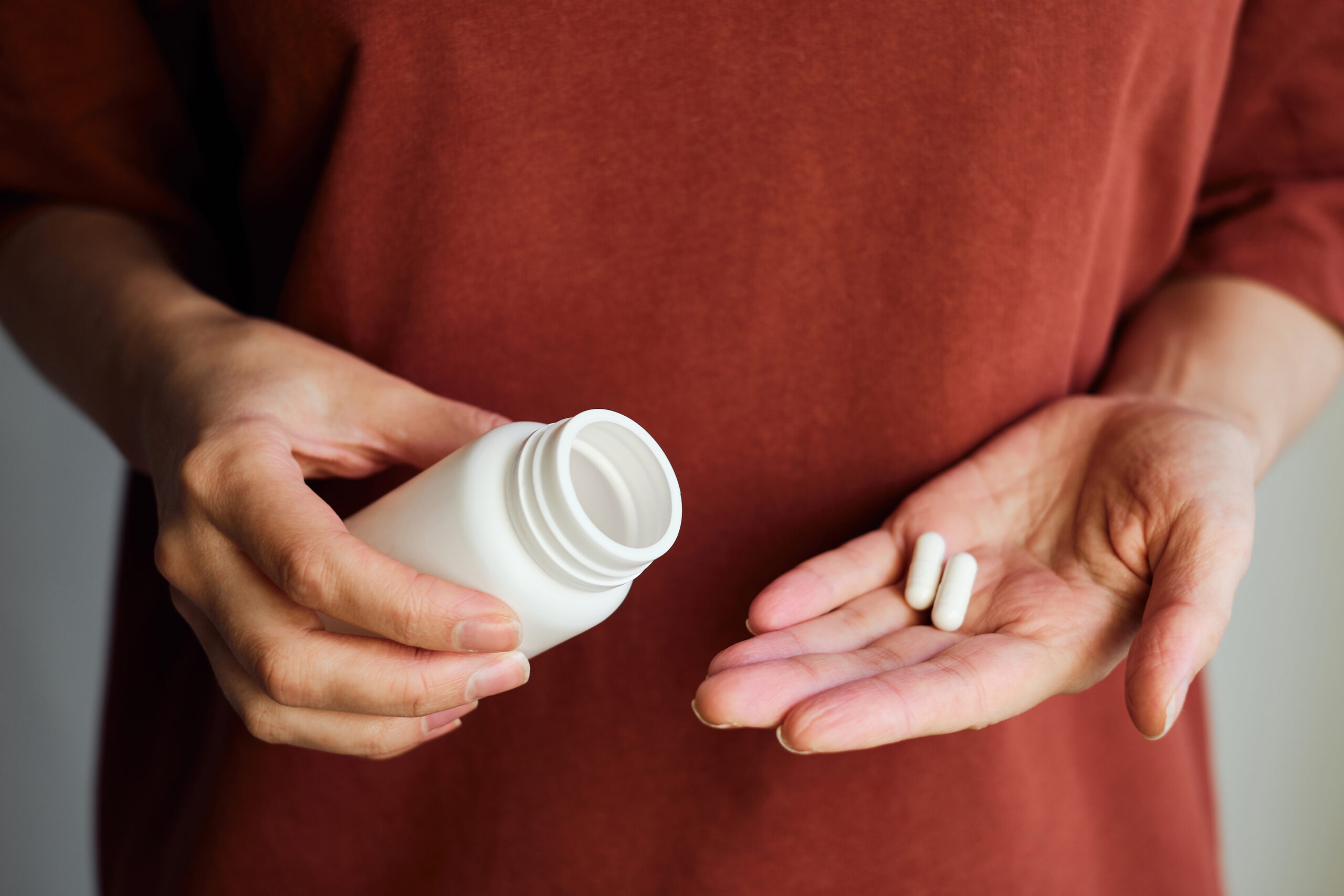Winter sweaters, jeans, and hats help you cover up for months. That can be handy. After all, the switch between dry heat inside and cold, wet conditions outdoors can do a number on your skin!
Icy winds result in chapped, irritated skin that can still suffer sun damage, despite lower temps. And the lack of natural vitamin D during the colder months can also result in skin that ages more quickly.
Then, summertime rolls around, and suddenly it’s tank top and swimsuit season! Your skin is on display, and makeup can be a hassle when you’re hot and sweaty.
While skincare products are a help and sunscreen an absolute must, truly great skin starts from the inside out! There are easy changes you can make to what you eat and drink to ensure your skin has a healthy glow all year long.
Try these 5 tips to boost your complexion and get younger, healthier skin no matter what the season.
My favorite beauty routine has nothing to do with skincare products! About 75% of the protein in your skin is collagen. Age-related problems like wrinkles can signal that you’re deficient in collagen. Collagen Peptides Powder is my easy-to-use product to keep skin vibrant… + get the many, many other benefits of collagen.*
1. Make an oil change.
Vegetable oils and processed foods are loaded with inflammatory fats that don’t help your waistline or your skin. Swap them for extra virgin olive oil (drizzling on salads), olive oil (sautéing), and coconut or red palm oil (high-heat cooking).
Avocados, olives, and coconut milk also provide healthy fats for glowing skin. Likewise, tree nuts and nut butters and fatty fish like salmon are high in omega-3 fatty acids that can help prevent inflammation and skin aging.1 (Check here for a complete list of the Top 15 Foods for Omega-3s.)
2. Taste the rainbow.
One foolproof way to maintain younger, healthier skin is to be sure there’s a rainbow of fresh fruits and veggies on your plate! They provide valuable nutrients and antioxidants that support healthy skin on a cellular level.
Fruits and vegetables also help with wrinkles, typically caused as your collagen breaks down with age. Since your body requires vitamin C to create and process collagen, you’ll want to get plenty from fruits and vegetables like broccoli, berries, and grapefruit. The resveratrol in blueberries and red wine can also help prevent age-related skin issues.2
3. Dump the sweet stuff.
You probably already know sugar isn’t doing you any favors, and that’s especially true for your skin. Sugar attaches to collagen, resulting in sticky proteins called “advanced glycolated end products.”
Have you worked out the highly appropriate abbreviation scientists use for advanced glycolated end products? AGEs! It turns out AGEs can cause the loss of skin elasticity, which means you’re more prone to wrinkles.3
For younger, glowing skin, satisfy your sweet tooth with low-sugar impact choices like berries, sweet potatoes, and coconut. Dark chocolate is another great option, since studies show it can also help prevent skin cancer!4
(Insider tip: I keep Co-Co Crave Fiber Bars handy because they offer healthy fats, dark chocolate, and satisfy my sweet tooth.*)
4. Get plenty of protein.
Clean, lean protein from sources such as wild salmon and grass-fed beef offers optimal amounts of collagen-building amino acids like lysine and proline. Animal protein also contains zinc, which provides excellent antioxidant protection for healthy skin.5
Protein is also essential to detoxify your system and prevent skin breakouts. So don’t believe the juice cleanse hype – proteins are responsible for escorting toxins out of your body. If you didn’t get protein, you didn’t detox!
The easiest way to get a boost of skin-healing nutrition is in a morning smoothie with high-quality protein powder (no whey or soy), plus unsweetened coconut milk, berries, kale, and flax or chia seeds. It’s a fast, fat-burning meal that’s also wonderful for your skin!
5. Stay hydrated.
If you want fabulous skin this summer, keep your water bottle handy! By the time you feel thirsty, you’re already dehydrated, and that takes a toll on your skin.6
Water is essential to hydrate your cells so nutrients stay in and toxins get out. Proper hydration also means you sweat more efficiently, so you’re less likely to experience breakouts. Check out this handy widget to find out exactly how much water you need every day based on your weight and activity levels!
Start by drinking a big glass first thing in the morning. The only time you shouldn’t drink is during meals, when too much liquid can dilute stomach enzymes that break down protein. And if plain water isn’t your favorite, try these 10 ideas for flavorful, sugar-free infused water.
Break your fast every morning with a fast, filling loaded smoothie. Need some yummy ideas? I’ve got over 60 recipes in this guide. It’s FREE… and guaranteed to be a game-changer for fat loss and overall health. Claim yours here.
Have questions? Follow me on Facebook and Instagram and let me know how my team and I can best support you!
References:
1 http://link.springer.com/article/10.1007/s11883-004-0087-5
2 Bastianetto S, et al. Protective Action of Resveratrol in Human Skin: Possible Involvement of Specific Receptor Binding Sites. PLoS One. 2010 Sep 23;5(9):e12935. doi: 10.1371/journal.pone.0012935.
3 Corstjens H, et al. Glycation associated skin autofluorescence and skin elasticity are related to chronological age and body mass index of healthy subjects. Exp Gerontol. 2008 Jul;43(7):663-7. doi: 10.1016/j.exger.2008.01.012. Epub 2008 Feb 9.
4 https://www.ncbi.nlm.nih.gov/pubmed/19735513
5 Kim HH, et al. Eicosapentaenoic acid inhibits UV-induced MMP-1 expression in human dermal fibroblasts. J Lipid Res. 2005 Aug;46(8):1712-20. Epub 2005 Jun 1.
Rostan EF, et al. Evidence supporting zinc as an important antioxidant for skin. Int J Dermatol. 2002 Sep;41(9):606-11.
6 Wipke-Tevis DD, et al. Effect of oral hydration on skin microcirculation in healthy young and midlife and older adults. Wound Repair Regen. 2007 Mar-Apr;15(2):174-85.
The views in this blog by JJ Virgin should never be used as a substitute for professional medical advice. Please work with a healthcare practitioner concerning any medical problem or concern. The information here is not intended to diagnose, treat, or prevent any disease or condition. Statements contained here have not been evaluated by the Food and Drug Administration.
*These statements have not been evaluated by the Food and Drug Administration. This product is not intended to diagnose, treat, cure, or prevent any disease.







